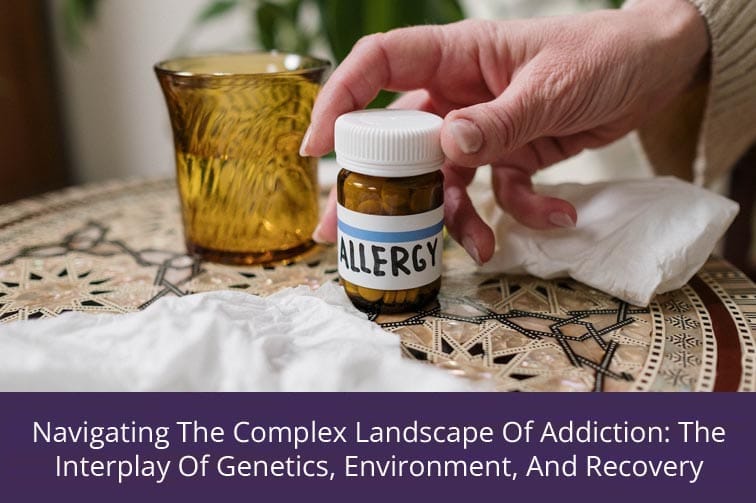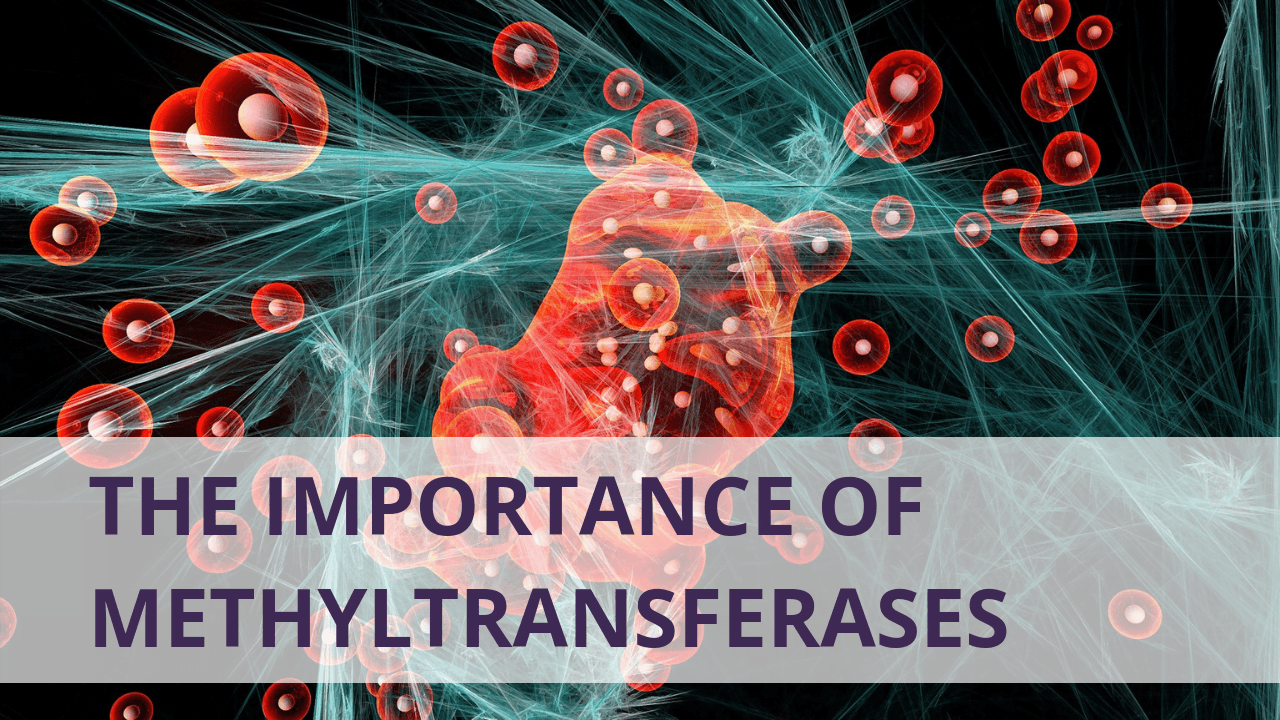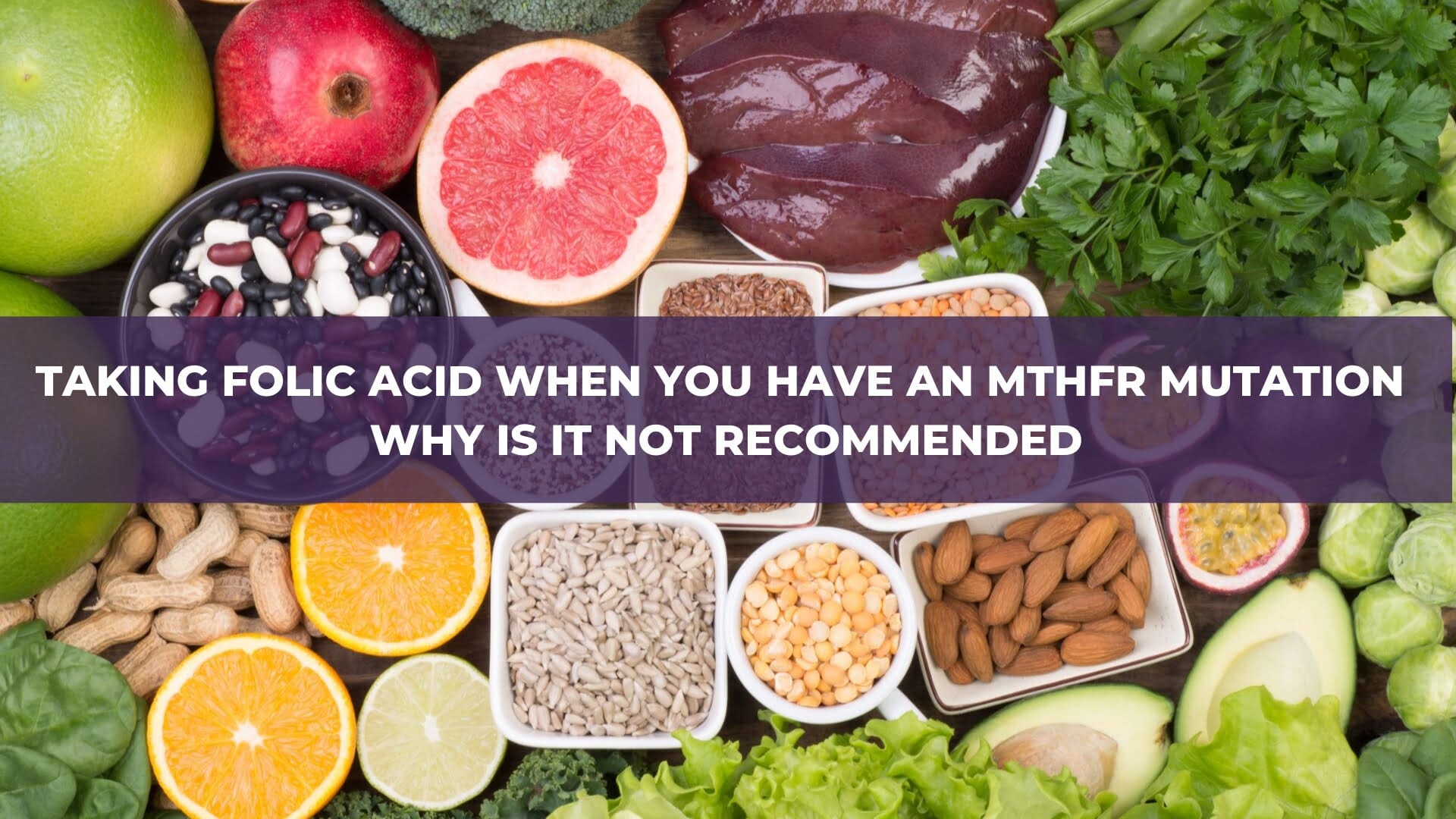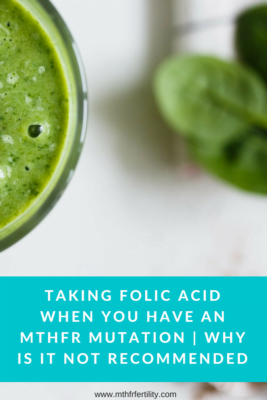In the intricate dance between genetics and environmental factors, addiction finds its roots. While genetic predisposition sets the stage, it is the environment that orchestrates the movements, determining whether an individual succumbs to the allure of addictive substances. Let’s embark on a deeper exploration of the multifaceted ways in which genetic and environmental factors interweave, acknowledging the profound impact of both nature and nurture on the journey to recovery.
- Early Life Experiences: The Seeds of Vulnerability Early experiences cast long shadows on an individual’s susceptibility to addiction. Adverse childhood experiences, encompassing trauma, abuse, or neglect, serve as the seeds of vulnerability. As genetics influences an individual’s response to stress, early coping mechanisms become intertwined with genetic predispositions.
- Example: A child with a genetic predisposition for heightened stress responses may be more susceptible to developing maladaptive coping mechanisms, such as substance use, when exposed to traumatic experiences.
- Family and Social Dynamics: Influences That Shape Choices The family unit and social environment emerge as influential forces in the addiction narrative. Exposure to parental substance use, familial discord, or peer pressure can significantly sway an individual’s attitudes toward and perceptions of substance use. Genetic factors may amplify or mitigate the impact of environmental influences.
- Example: An individual with a family history of addiction may possess genetic factors that increase their vulnerability, making them more prone to succumb to peer pressure or environmental stressors.
- Socioeconomic Struggles: The Weight of Circumstances Socioeconomic factors mould an individual’s vulnerability to addiction, and genetics can influence how an individual responds to the stressors associated with economic challenges. Genetic factors may contribute to resilience or increased susceptibility.
- Example: Genetic variations linked to stress resilience may offer a degree of protection against the impact of socioeconomic struggles, reducing the likelihood of turning to substances as a coping mechanism.
- Cultural and Community Influences: Moulding Beliefs and Behaviours Cultural attitudes and community norms cast a profound impact on an individual’s relationship with substances. Genetic factors interact with cultural influences, shaping an individual’s beliefs and behaviours in response to societal norms.
- Example: Genetic variations related to impulsivity may interact with cultural influences, increasing the risk of adopting addictive behaviours prevalent in a particular community.
- Trauma and Stressors: The Battle Within Exposure to trauma or chronic stressors becomes a battleground for an individual’s mental and emotional well-being. Genetic factors play a role in an individual’s stress response, influencing susceptibility to addiction as a means of coping.
- Example: Genetic variations affecting the regulation of stress hormones may contribute to an increased vulnerability to addiction in response to traumatic experiences.
- Media and Popular Culture: Crafting Perceptions Media, including advertising and popular culture, crafts a narrative around substance use. Genetic factors may influence how individuals respond to media portrayals, shaping their attitudes and behaviours related to substance use.
- Example: Genetic variations related to reward sensitivity may influence how an individual interprets and responds to media representations of substance use.
- Educational Opportunities: Knowledge as a Shield Access to quality education and information about the risks of substance use serves as a powerful shield against the allure of addiction. Genetic factors may influence an individual’s receptiveness to educational efforts and their ability to make informed decisions.
- Example: Genetic factors related to cognitive function may impact an individual’s ability to comprehend and retain information about the risks associated with substance use.
- Availability of Treatment Services: A Beacon of Hope The accessibility of addiction treatment services serves as a beacon of hope for those grappling with substance use disorders. Genetic factors can influence an individual’s response to treatment, affecting their likelihood of successful recovery.
- Example: Genetic variations related to treatment response may influence the effectiveness of specific therapeutic interventions, guiding personalized treatment plans.
Conclusion: As we navigate the intricate landscape of addiction, the tapestry of genetic predisposition and environmental influences unfolds. By understanding the profound impact of early experiences, family dynamics, socioeconomic factors, cultural influences, and genetic factors, we illuminate the pathways to addiction and recovery. In recognizing the interconnectedness of nature and nurture, we empower individuals, families, and communities to develop holistic strategies for prevention, intervention, and healing. The journey to recovery becomes a collective effort, acknowledging the complexities of the human experience and the potential for transformative change.








